Amidst the bustling travel season of summer, both humans and their furry companions often embark on journeys near and far. For Heather Blas, a pet relocation specialist at Continental Pet Relocation, navigating the complexities of moving pets during this time has always been a challenge. However, when a wave of new requirements from the Centers for Disease Control and Prevention (CDC) regarding bringing dogs into the United States emerged, it threw a wrench into the already hectic process.
As the deadline for the new rules loomed, Blas found herself tirelessly scouring the CDC’s website for the latest updates, reaching out to fellow pet shippers worldwide for insights amidst the sea of conflicting information. What started as a collaborative effort to decipher the regulations quickly devolved into a chaotic scenario, akin to a circus where clarity was as elusive as ever.
The CDC’s fresh mandates, slated to take effect on August 1, primarily target preventing the spread of rabies. These changes prompted several airlines to halt the transportation of dogs to the U.S. alongside their families, impacting a wide spectrum of individuals from military personnel and diplomats to pet shippers and animal rescue groups.
Expressing her frustration, Blas highlighted the challenges posed by the CDC’s implementation and communication of the regulations, deeming it a poorly executed endeavor lacking in clarity. The intricacies of the new guidelines are multifaceted, with dog owners required to complete a new form for their furry companions entering the U.S. post-August 1. Moreover, the dogs must be older than six months, possess a microchip, and exhibit good health upon arrival.
The stringency escalates for dogs vaccinated in specific regions or originating from countries deemed high-risk for rabies, necessitating additional measures such as blood tests or a mandatory 28-day quarantine in a CDC-approved facility, the financial burden of which falls on the owners. Verification of a dog’s history, especially for strays, presents a formidable challenge.
The CDC emphasized that these regulations build upon lessons from the COVID-19 era, stressing the alignment with global standards for dog movement and the mitigation of issues like fraudulent documentation. While the CDC’s rationale underscores safety and compliance, criticisms from travelers and industry experts linger unanswered.
In a bid to streamline international dog importations and enhance safety protocols, the CDC’s revised guidelines reflect a concerted effort to uphold animal health standards. However, the practical implications of these rules, particularly for travelers and their four-legged companions, remain a subject of contention and uncertainty in the ever-evolving landscape of pet transportation regulations. In light of recent regulations imposed by the CDC on dog transportation to the United States, concerns have been raised regarding the potential impact on animal care facilities such as the ARK Import Export Center at John F. Kennedy International Airport in New York. Elizabeth Schuette, the president and CEO of the ARK, expressed apprehension about the increased volume of animals that may pass through their facility due to the new restrictions.
The CDC now mandates airlines to create an air waybill for each dog transported to the U.S., a requirement that was previously limited to dogs transported as cargo. While some airlines have sought waivers for this rule, others, including Lufthansa, Finnair, Swiss International Air Lines, and Austrian Airlines, initially announced restrictions on flying dogs to America in the cabin or baggage hold.
Schuette highlighted the challenges of implementing these changes within a short timeframe, emphasizing the potential strain on maintaining the quality of service for which the ARK is renowned. Despite concerns raised by lawmakers and industry stakeholders, the CDC aims to prevent the reintroduction of rabies, a viral disease transmitted through biting, into the U.S.
Despite the successful elimination of rabies from dogs in the U.S. in 2007, the CDC’s new regulations have sparked debates about government intervention in an already functioning system. While major U.S. airlines such as American, Delta, United, and Southwest have affirmed that the CDC rules do not alter their pet transportation policies, adjustments have been made to ensure compliance with the new requirements.
The sudden changes in dog transportation have particularly impacted military and diplomatic families, causing disruptions and challenges for those reliant on pet transport services. Liz Hensel, the 2024 AFI Marine Corps Spouse of the Year, emphasized the significant impact of these unforeseen alterations on military families, highlighting the need for adaptive solutions in response to the evolving regulations. The recent policy changes by the CDC have sent shockwaves through military families and the diplomatic community, leaving many pet owners scrambling to navigate the new regulations. This unexpected shift has prompted a surge in demand for pet shippers, significantly driving up the costs associated with transporting furry companions internationally.
According to industry experts, the expense of utilizing a pet shipper can soar to as much as $3,000, a steep increase compared to the previous average of $400 for flying with pets. While service members are eligible for reimbursements of up to $2,000 for international pet relocations and $550 for domestic moves, the escalating prices in the wake of the CDC policy alterations are anticipated to surpass these allowances.
Lobbying efforts by advocates like Hensel have secured financial support for pet owners, but the rising expenses pose a significant challenge. The strain is also felt by animal rescue organizations, such as Friends of Sochi Dogs, whose vital operations in high-risk rabies countries face potential shutdowns due to the stringent new rules.
The requirement for revaccination upon arrival for dogs immunized outside the U.S., despite passing immunity tests, has sparked frustration and concern among rescue groups. The additional costs, coupled with logistical hurdles, are jeopardizing their ability to continue saving animals from regions in need.
As stakeholders grapple with the impact of these changes, the future of international pet transportation and animal rescue efforts hangs in the balance. The evolving landscape underscores the importance of adaptability and advocacy in safeguarding the well-being of beloved pets and vulnerable animals worldwide.
Catch up on the top stories and travel deals by subscribing to our newsletter!

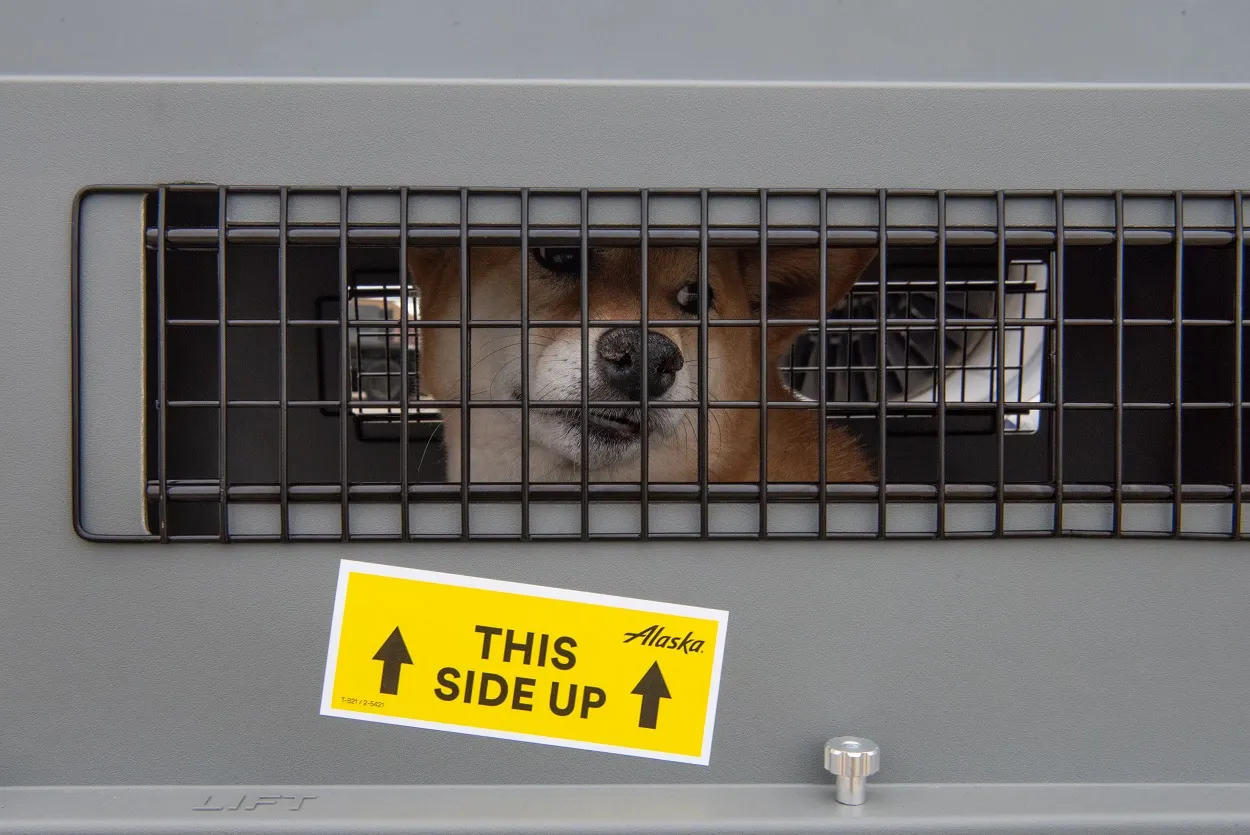

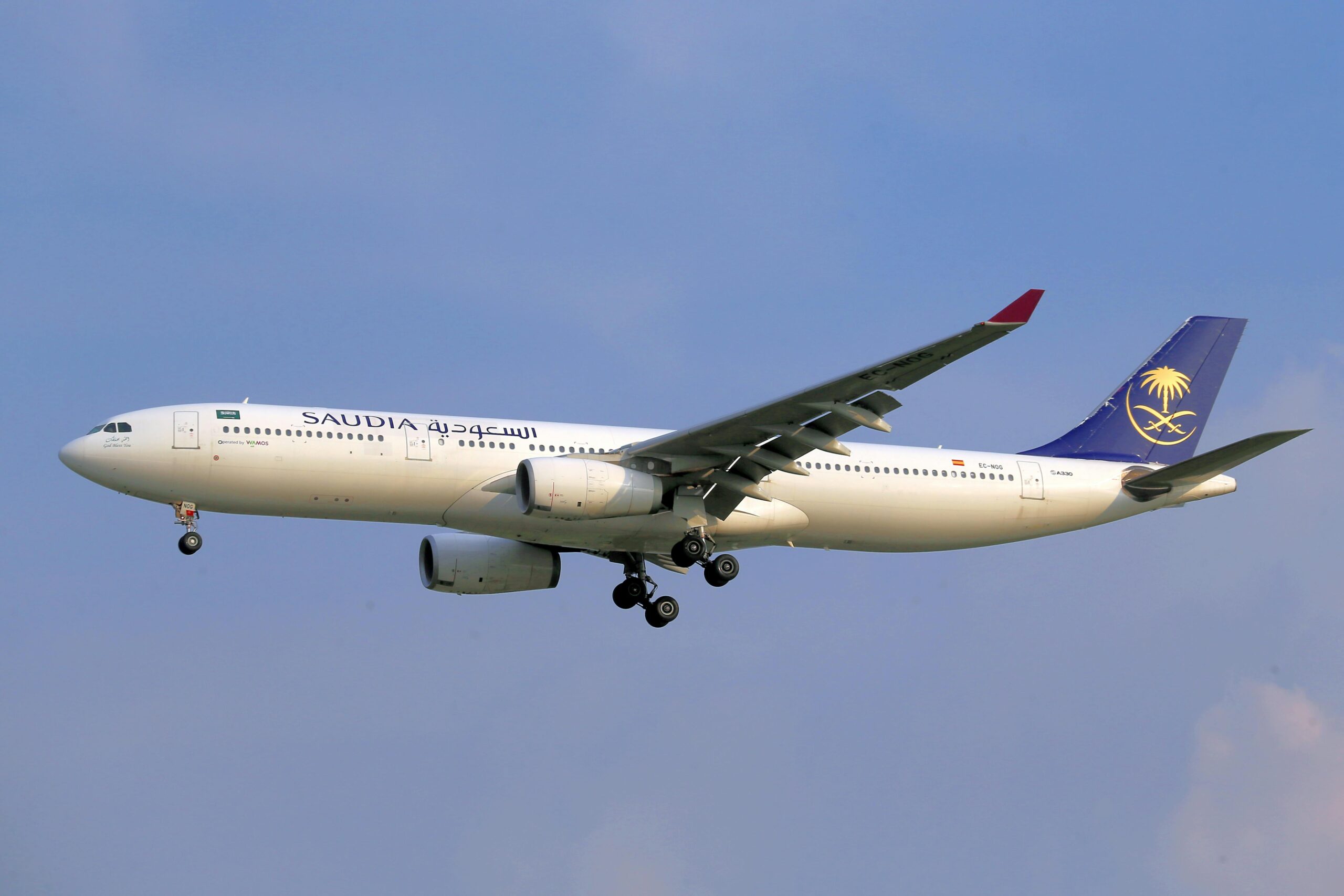
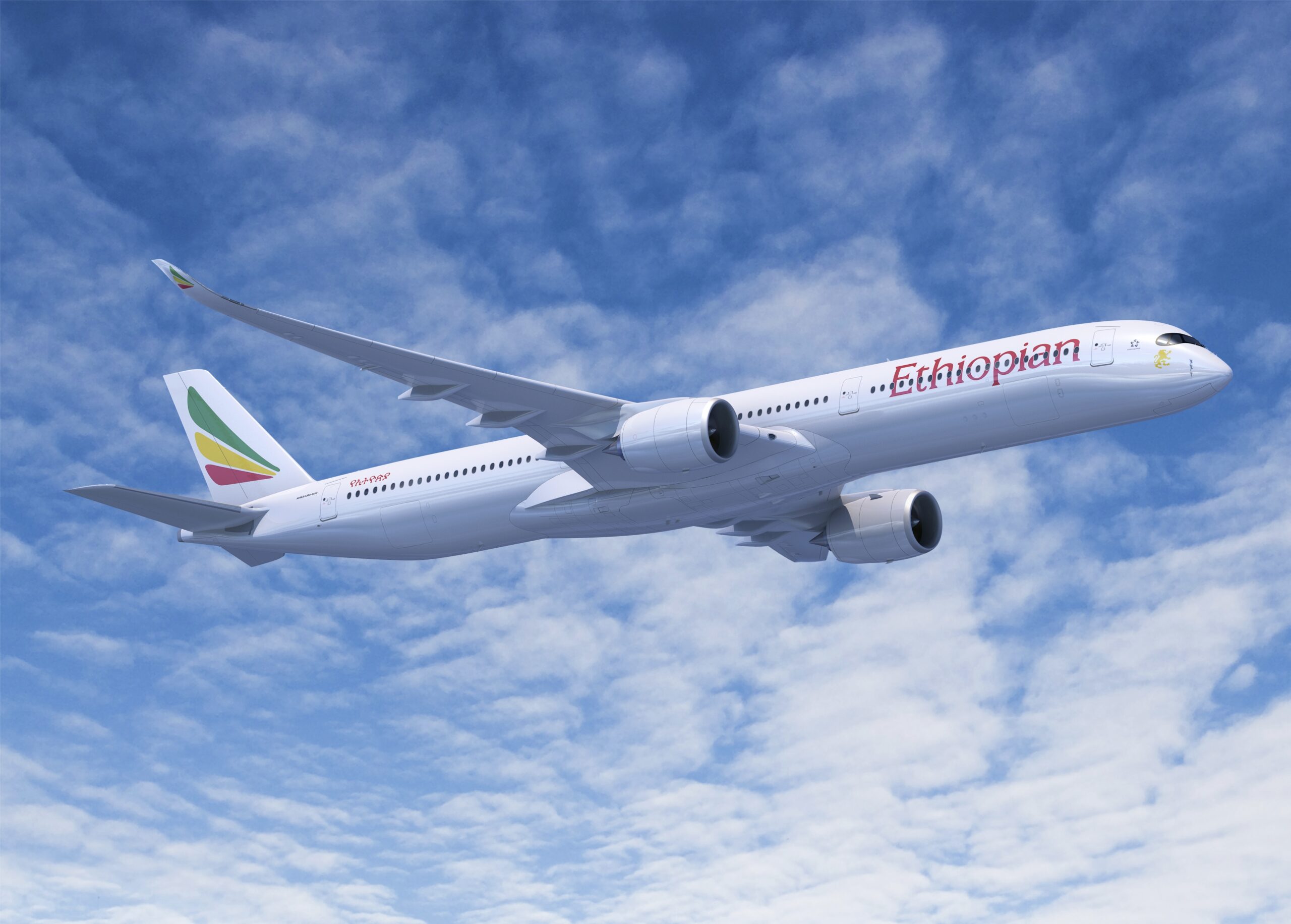
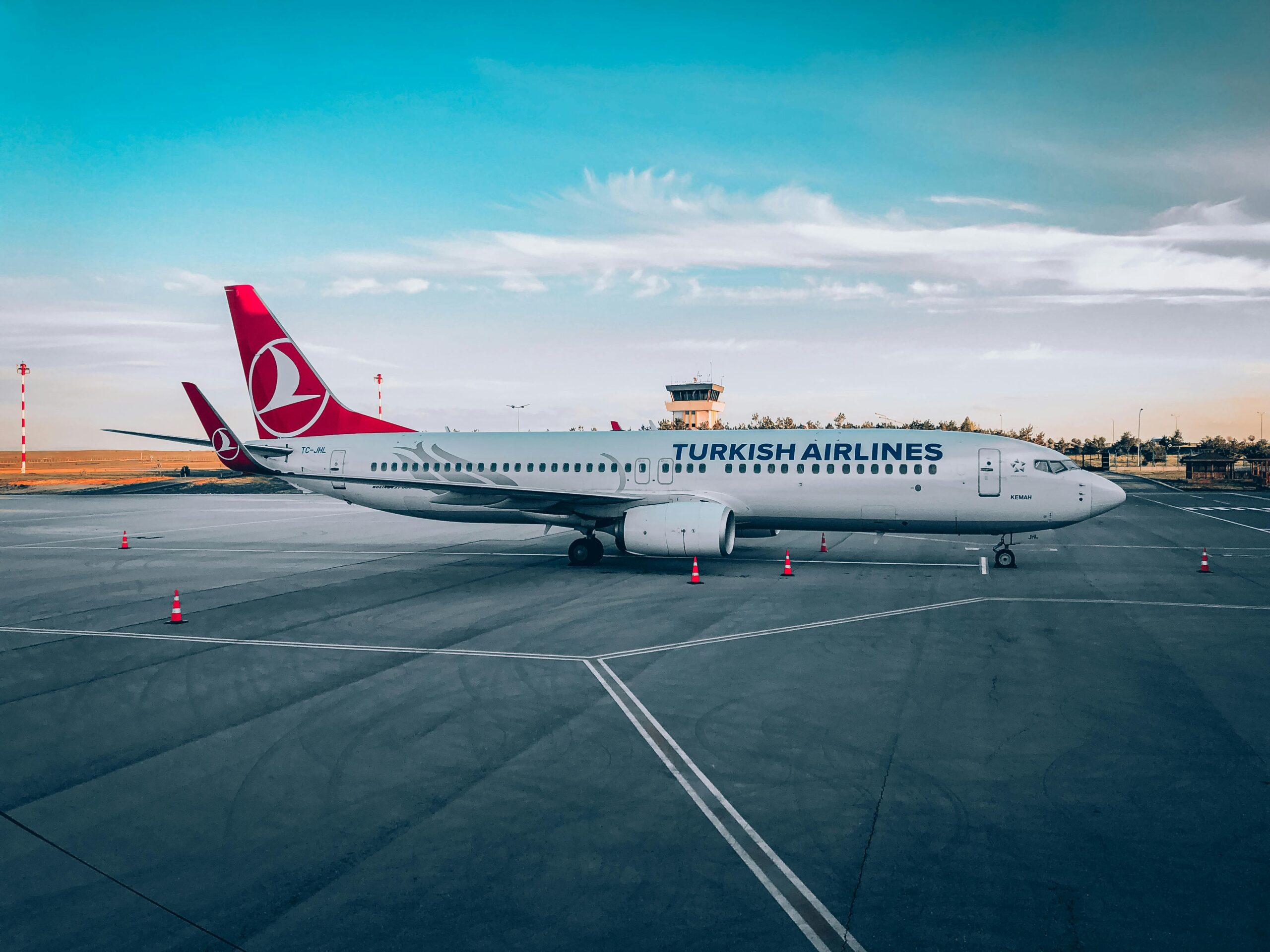
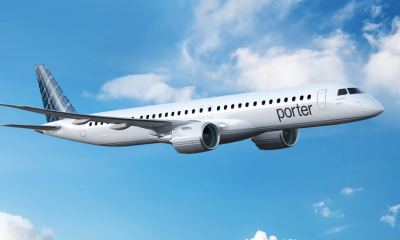
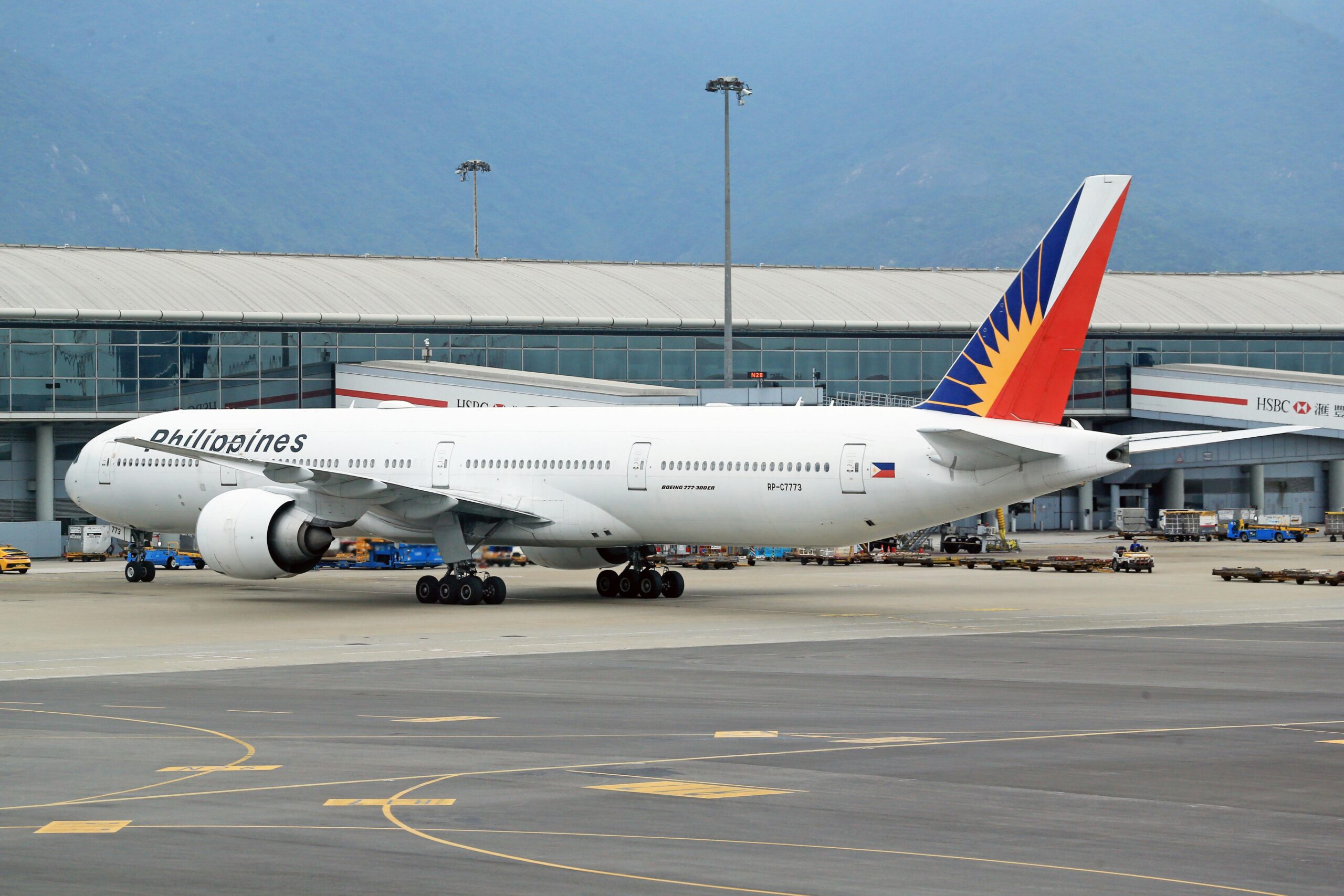




Leave a Reply